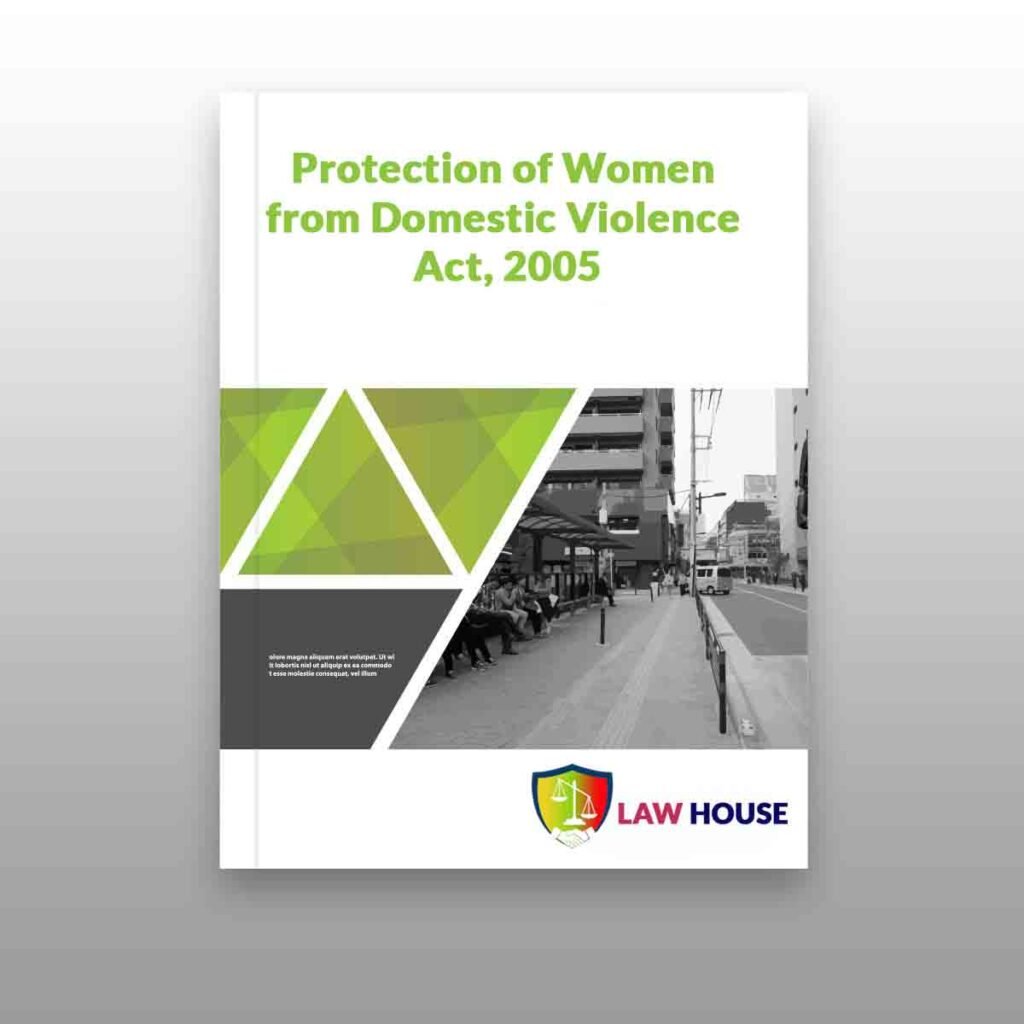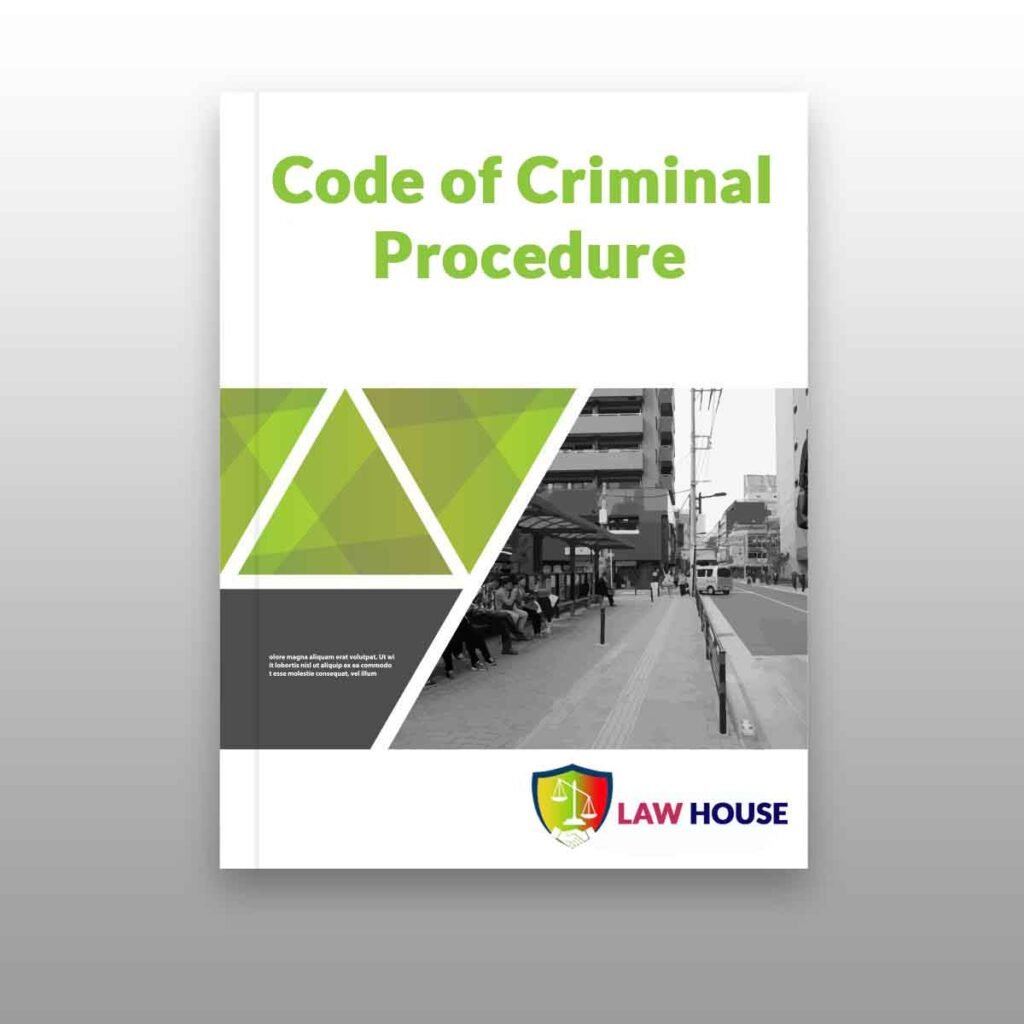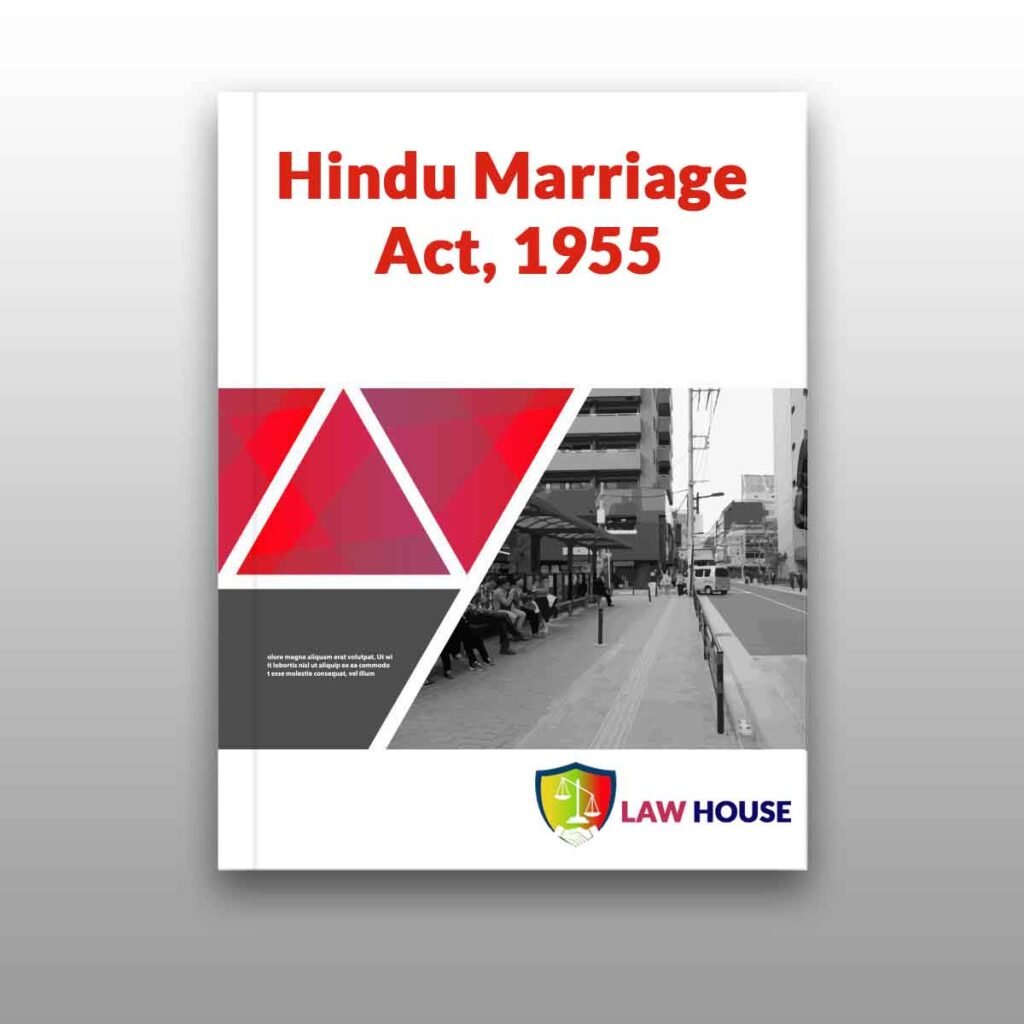In India, marriage is considered as a sacramental and perpetual union and the legal consequences of marriage that follow add to the sanctity of the marriage. The concept of live-in relationship was considered as an alien to the Indian custom, a part of glitz and glamour world of western countries and something to be frowned upon. However, over the years the sentiments over live-in have slightly matured down, with courts taking a progressive look over it. This article gives you an idea of the legal status of live-in relationships in India. In this article we will describe the legal status of live in relationship in India.
What is Live in relationship?
A living arrangement in which an unmarried couple lives together under the same roof for a long-term that resembles a marriage is known as a live-in relationship. Thus, it is the type of arrangement in which a man and woman live together without getting married. This form of living together is not recognized by Hindu Marriage Act, 1955 or any other statutory law. While the institution of marriage promotes adjustment; the foundation of live-in-relationships is individual freedom.
Only the laws under the Protection of Women from Domestic Violence Act, 2005 provide for the protection and maintenance thereby granting the right of alimony to an aggrieved live-in partner.
Legal Status of live-in-relationship in India
In India, there is no law that deals with the concept of live-in relationship. But our courts have given certain recognition to such relationships.
Prior to independence, the view of the court on live-in relationship was reflected in a case where the Privy Council laid down a broad rule postulating that “where a man and a woman are proved to have lived together as a man and wife, the law will presume, unless the contrary be clearly proved, that they were living together in consequences of a valid marriage.”
After independence, the Supreme Court in a case recognized the live-in relationship as a valid marriage. Further, in various other judgments, the Supreme Court has gone on record to hold that live-in-relationship is not illegal. However, this position is not all binding as the Delhi High Court, in a recent case has observed that a live-in-relationship is a walk in and walk out relationship.
Rights of Female Partners in Live in Relationships
The Indian Courts have displayed alacrity to protect the rights of the female partner in such relationship as exhibited by judgments given in a number of cases. The statues like Protection of Women from Domestic Violence Act, 2005 protects both in the categories of wife i.e. relationship by marriage and live in partner i.e. relationship in nature of marriage.
The National Commission for Women recommended to the Ministry of Women and Child Development made a suggestion to include live-in female partners for the right of maintenance under Section 125 of CrPC.
Rights of Children Born Out of Live in Relationship
The law relating to the right of a child born out of a live-in relationship is still unclear. The Hindu Marriage Act, 1955 gives the status of legitimacy to every child, irrespective of birth out of void or voidable marriage. But live-in relationships do not come under the concept of marriage. So the status of the child born out of such a relationship is still doubtful.
However, recently the Supreme Court in a case has held that a child born out of a live-in relationship may be allowed to succeed inheritance in the property of parents but doesn’t have a claim in the Hindu ancestral coparcenary property.
Read More:
Related Books:
-
Previous Post
How to get legal heir succession certificate




